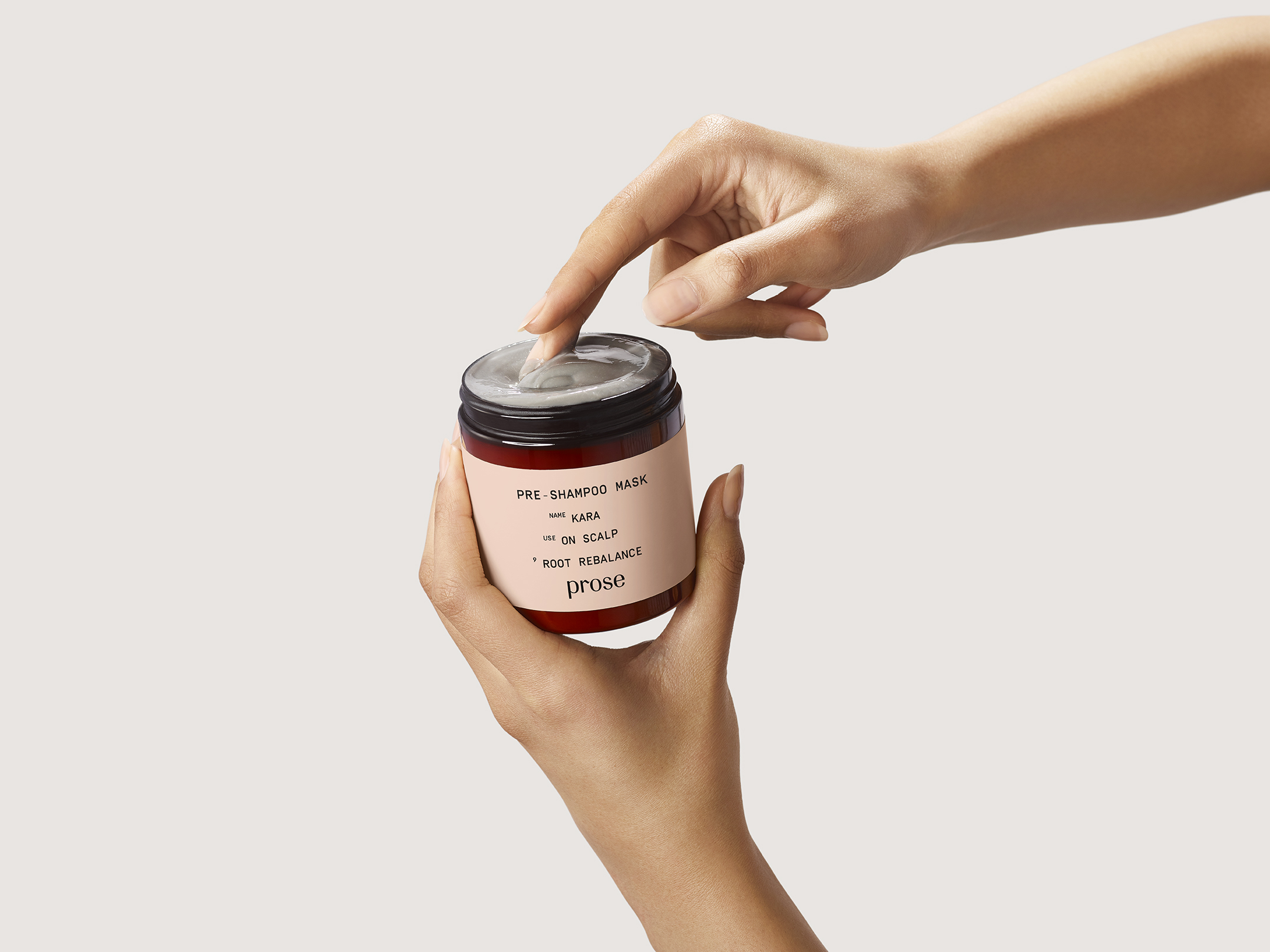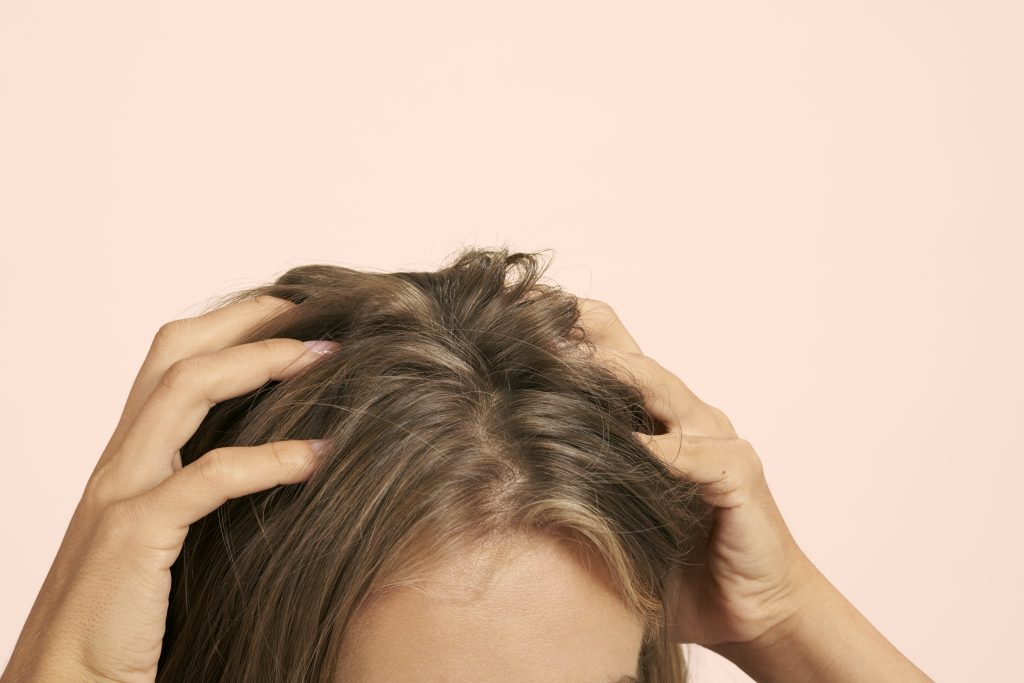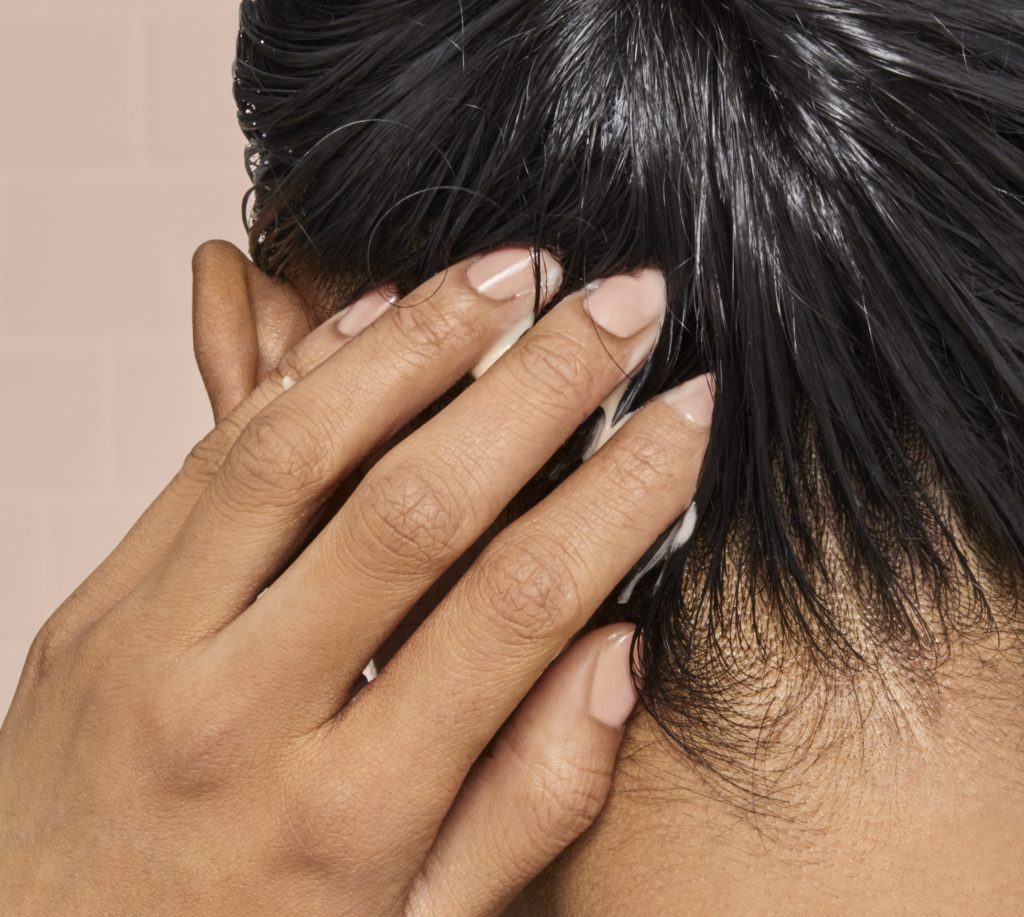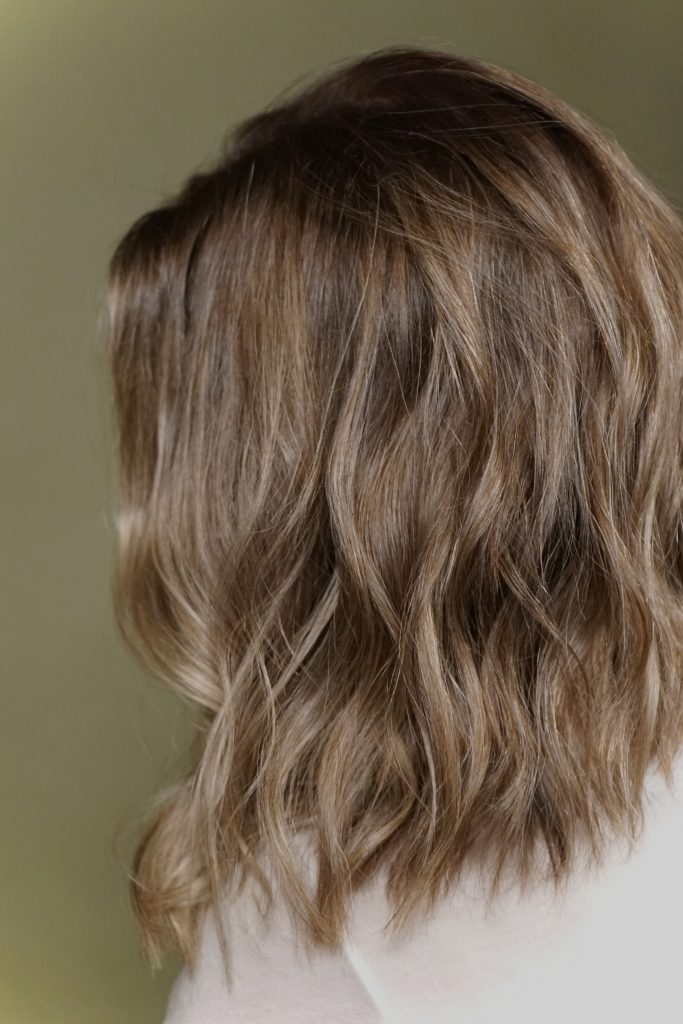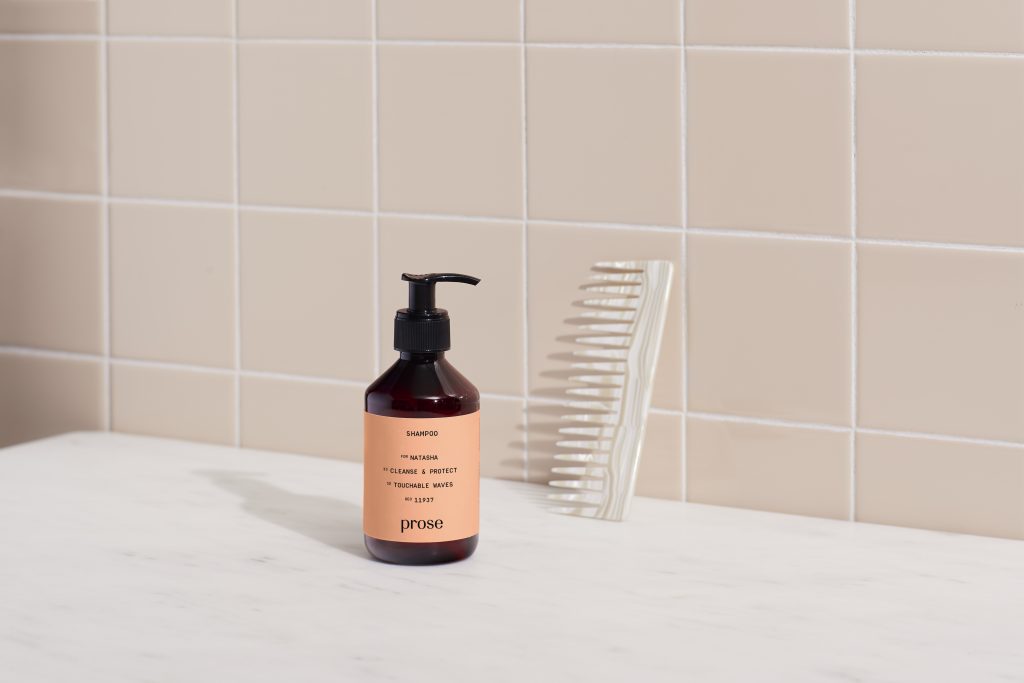But first, let’s define it. Charcoal is the carbon material made after heating plant matter (i.e. wood or shells). If you heat that charcoal at a super high temperature, you get activated charcoal, a fine black powder that’s highly adsorbent and porous. Each of these pores has a negative charge, which attracts the positive charge of toxins and gases.
There are a variety of activated charcoal types, including bamboo charcoal (from the bamboo plant) and Binchotan, named after Japanese charcoal artisan Binchoya Chozaemon and derived from the ubame oak tree. Sometimes called “white charcoal,” these are the black short sticks you may have seen in carafes to purify water.
These days, a quick scan of the beauty aisle means seeing plenty of products that incorporate charcoal into their recipes. The idea is activated charcoal has the potential to remove impurities and detoxify the skin and hair. That’s why you’ll find it in facial cleansers, masks, and even toothpaste and deodorants.
It can be a helpful hair tool as well. Here at Prose we use both bamboo and Binchotan forms of activated charcoal in our dry shampoo to detoxify your scalp while removing buildup and restoring balance. (We’re especially proud to use bamboo charcoal as it comes from a highly renewable resource.) Our bamboo charcoal is also used in our scalp mask to help draw out impurities and remove any excess sebum, making it ideal for anyone who is dealing with a smelly scalp (we include a natural eucalyptus oil in our formula for freshness!) or any unwanted buildup.

